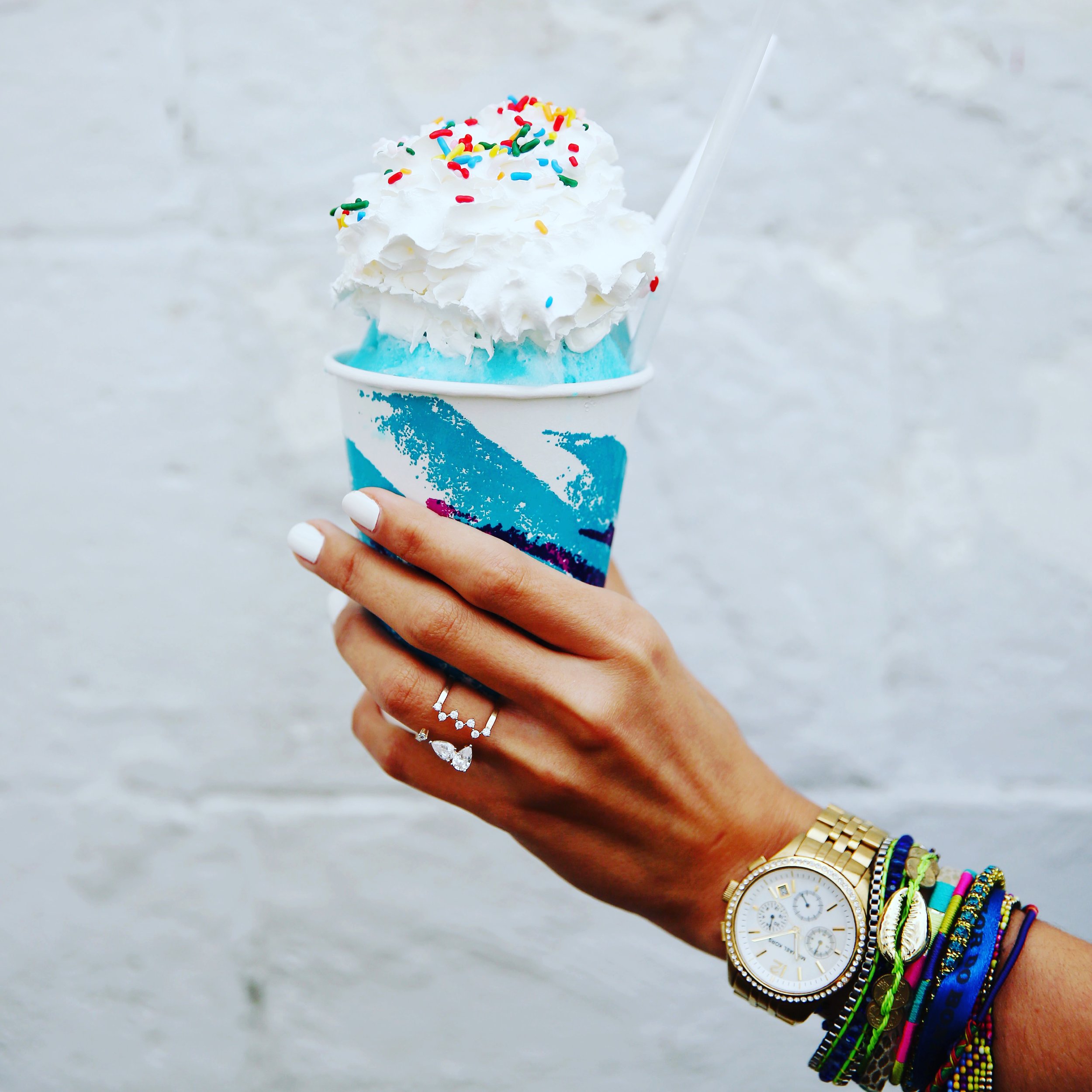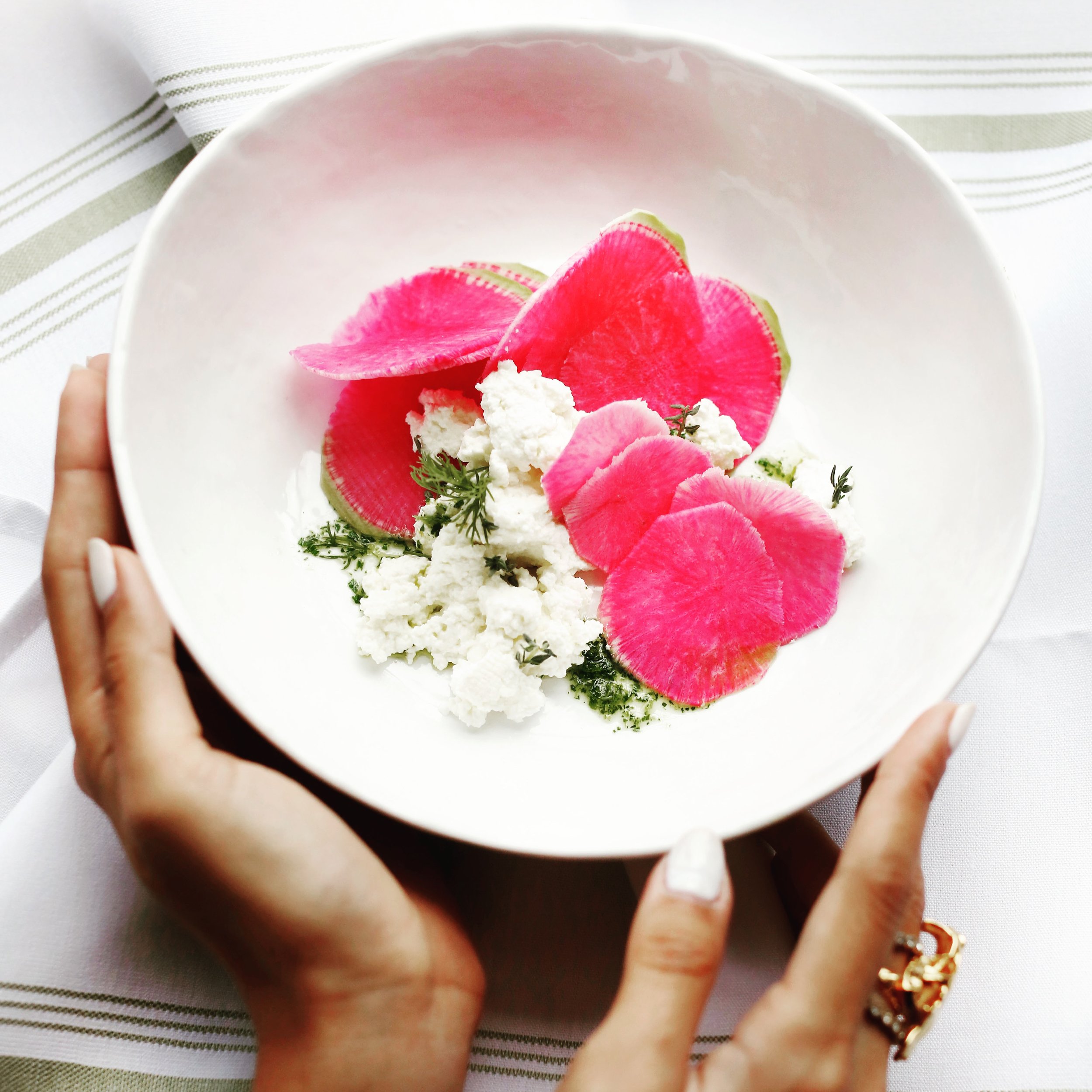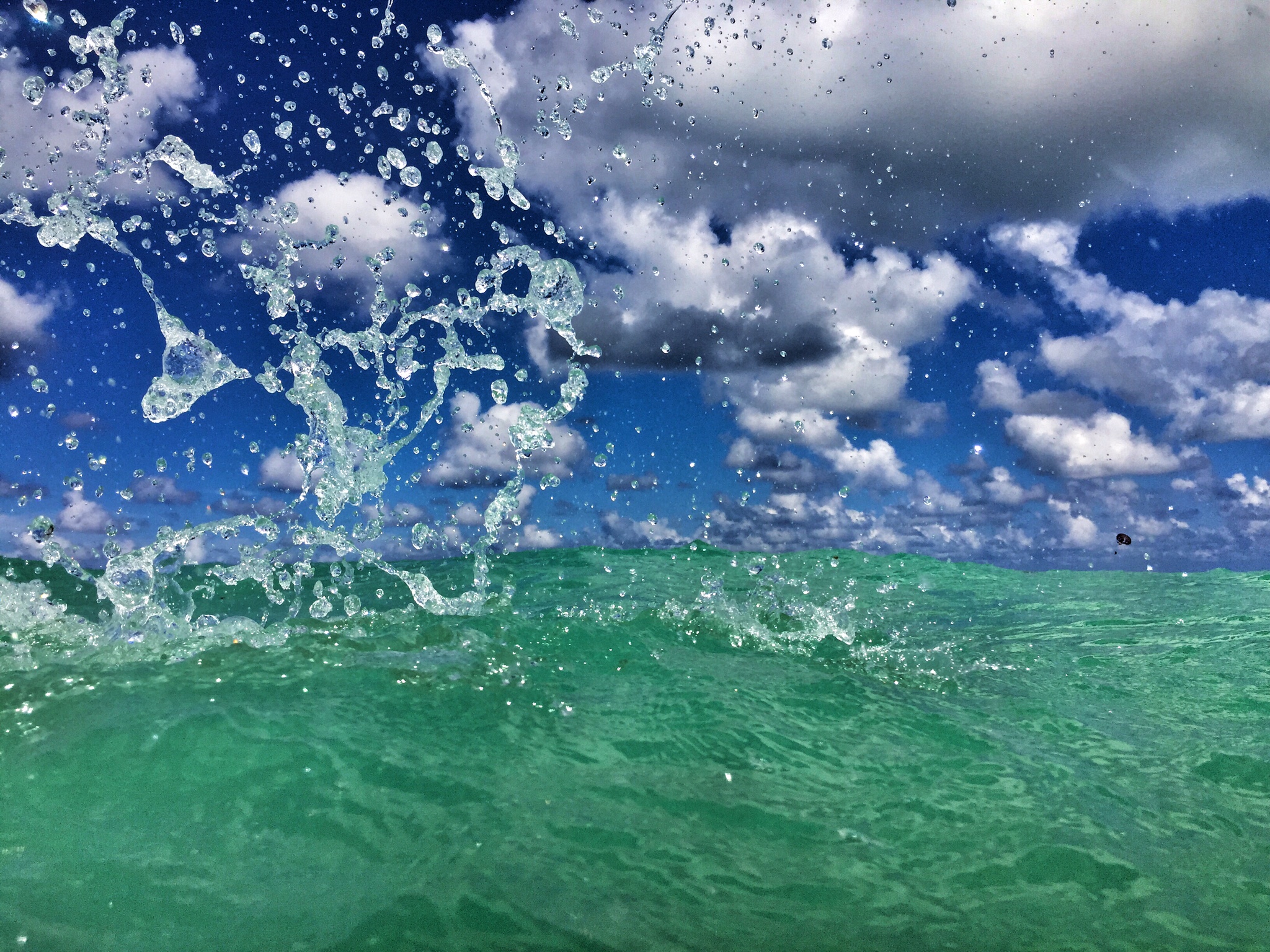When I first met Jia Li, we worked together at Anthropologie and she was part of the graphic design team. The aesthetic of the brand was very feminine and ethereal, but when Jia was on a project I knew she’d push things to an edgier, more interesting direction. She had an eye and excellent taste, and her stuff always turned out cool.
No surprise, then, that Jia eventually bid farewell to that design job, packed up, moved to China and took up photography and videography as a craft—few things are cooler that leaving everything behind and taking up a new creative pursuit on the other side of the globe.
I loved seeing her photos roll in from her new home—she'd turn her well-trained eye on the people and street scenes and serve up an unvarnished window into another world. Just before her recent return to the States, I saw a short film that she created called The Sound of a Wok, and was absorbed by the story—the one behind it is just as compelling.
Jia, going back a ways here: what prompted your move to China, and your shift in focus from digital design to photography?
It was a long time ago, but I distinctly remember a day when I felt that I needed to go from behind the computer to in front, dealing with real things and real people. That's when I made the jump from interactive design to visual journalism.
I don't think it was a particularly brave or informed choice, but maybe at the time I just needed to have a clean reset and throw myself into a more tactile, confusing world. As designers, you're always creating a bubble of the ideal. Documentaries and journalism are so reliant on others that it felt more interactive to me.
You have a real talent for taking the everyday, mundane scenes of life in a city and making them feel special and unique once you've turned your lens on them. Do you remember when you first felt drawn to photograph a person or a scene on the street?
I think I've always been very influenced by photography, and especially the idea of aesthetic and point of view. I've traveled all over, but I have to say there's no place like China where, as a photographer, you can constantly feel this tug between public and private, conscious and subconscious.
Surveillance is a pervasive fact of life, so people are quite used to the idea of the camera. Yet public and private selves and the self-consciousness and spatial awareness that you would find in a Western city just haven’t caught on. So in a sense, it's easier as a photographer to catch those mundane, revealing details, but more difficult to engage in a responsive manner. I'm always drawn to this conflict.
“As a photographer, you can constantly feel this tug between public and private, conscious and subconscious.”
In Sound of a Wok, history, gentrification, government, real people, family and craft are all wound around a familiar, everyday object. How did you come across this story?
A writer friend of mine has a knack for pursuing challenging food stories, and this was probably one of the most difficult to access. We basically wok-hunted, listening for the sounds, asking the entire neighborhood, scouring the city until we came across these wokmasters. When we found them, some literally ran away, and some, like the Cen brothers, never stopped pounding the metal, which was their polite way of telling us to scram. It was only through coming back repeatedly over three years that we found Mr. Tao. He was the sweetest, kindest, most charming woksmith who felt very deeply about his adopted craft.
The film lends some serious gravity to the wok as an object and, more importantly, a purchase. I think if more people knew what goes into the creation of a thing—be it a wok or a shirt or a car—we'd all be better stewards of the world. Was sustainability—of culture, environment or tradition—something you wanted to touch on here?
I think sustainability is definitely one of the issues we wanted to address. A lot of people take that idea for granted, but we wanted to put a face to that issue. Hand craft can disappear not only because of modernization, drones, robots and technology, but because the actual physical work and time behind the craft come from people who have stepped up to take on that responsibility—for lack of options, for lack of money or for lack of future.
A beautiful wok represents deep care and craft, but it also represents decades of hammering in the hot sun, cowering in fear of eviction, community complaints, health problems—not to mention raw iron prices, competition in the market, and the reality of factory-made woks. We wanted to present this complex issue without fetishizing the craft, where woksmiths in a distant land make these "products" by hand with the utmost authenticity. Sustainability doesn't have to be a lofty concept— it can translate into a tangible, human understanding.
Can you share any details about what's next for you?
I love micro-histories, and cuisine is one of the most revealing gateways into a culture's bigger stories, so there will be more of that. I'm also working on a longer-form documentary for TV on gender issues.
We'll definitely be keeping an eye out. Thanks, Jia!















